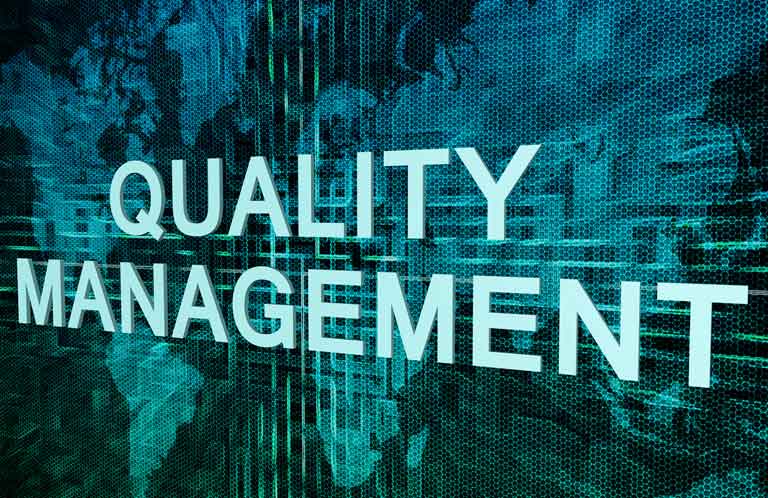Quality Management Systems (QMS): How Organizations Can Implement QMS Standards Such As ISO 9001 To Drive Continuous Improvement In Quality Processes

Companies are constantly looking for methods of process improvement and ways to deliver high-quality products or services to their customers. Quality management systems (QMS) have emerged as important frameworks to better assure consistent quality and promote continuous improvement from within.
Here, we’ll explore the implementation of QMS standards such as ISO 9001 and how businesses can leverage these frameworks to drive ongoing improvements in their quality processes.
Use of QMS Standards: ISO 9001
One of the most widely adopted QMS standards is ISO 9001. This international standard outlines the criteria for a quality management system. It provides a systematic approach to managing processes to make sure they consistently meet customer requirements. The use of ISO 9001 involves several notable steps:
- Documentation and Process Mapping: Organizations first need to document their existing operating procedures and map out the interactions between different elements. This step lays the foundation for identifying areas that need improvement and makes sure that all processes are aligned with the company’s quality objectives.
- Establishing Quality Policy and Objectives: ISO 9001 requires organizations to define a quality policy and objectives. The quality policy outlines the organization’s commitment to quality, while objectives provide specific, measurable targets to drive improvement. These elements serve as a guiding framework for employees and management to align their efforts toward achieving a common goal.
- Implementation of Monitoring and Measurement Systems: To guarantee continuous improvement, organizations must establish strong monitoring and measurement systems. This involves regularly assessing key performance indicators (KPIs) to identify trends, areas for improvement, and potential corrective actions. By having a systematic approach to monitoring, organizations can quickly adapt and address issues before they escalate.
- Employee Training and Involvement: Employees play a big part in the success of a QMS. Training programs should be implemented to make sure that staff members are aware of quality policies. They must understand the part they play in maintaining quality standards and be equipped with the necessary skills to contribute to continuous improvement initiatives.
Driving Continuous Improvement Through QMS Frameworks
QMS frameworks, particularly those based on ISO 9001, provide a structured approach to continuous improvement. Businesses can use these frameworks to create a culture of quality and innovation. Below are some basic strategies.
- Root Cause Analysis: When issues or non-conformities arise, organizations can use QMS frameworks to conduct thorough root cause analyses. Identifying the underlying causes of problems helps take targeted corrective actions and prevents recurrence while promoting continuous improvement.
- Customer Feedback and Satisfaction: QMS standards emphasize the importance of understanding and meeting customer requirements. Regularly collecting and analyzing customer feedback helps companies identify areas for improvement. Also, this aligns their products or services more closely with customer expectations.
- Regular Audits and Reviews: Periodic internal and external audits help businesses evaluate the effectiveness of their QMS. By reviewing processes, identifying areas of non-compliance, and taking corrective actions, organizations can make sure that their QMS remains strong and responsive to changing circumstances.
Continuous Improvement with MLC & Associates
Quality management systems, particularly those based on standards like ISO 9001, give organizations a structured approach to evaluating and enhancing quality processes. By using these frameworks, companies can cultivate a culture of continuous improvement that leads to increased customer satisfaction and operational excellence.
For complete QMS implementation and guidance, businesses can turn to experts like MLC & Associates. With a proven track record in assisting businesses with QMS integration, we offer tailored solutions to drive continuous improvement and enhance quality standards. To learn more about our services, contact us today and embark on a journey toward excellence in quality management.
